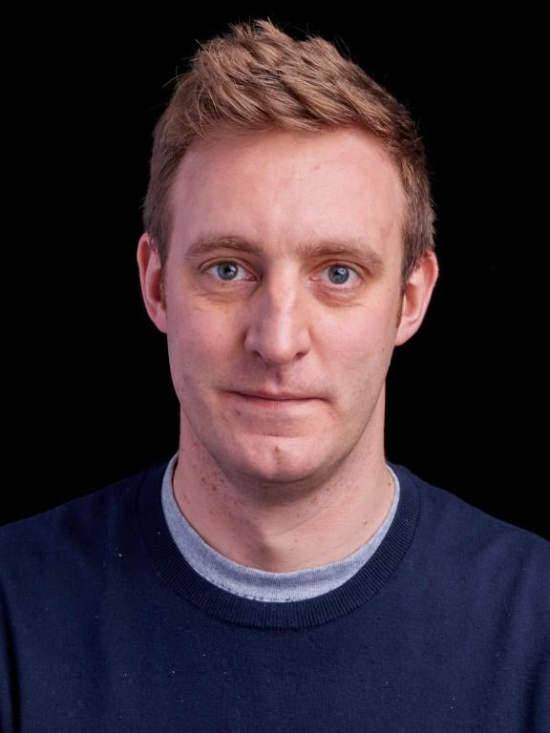Located in the heart of Jerusalem’s upscale Rehavia neighborhood, the President Hotel was once second only to the King David Hotel in prestige, replete with crystal chandeliers and an outdoor pool. As one of the first luxury hotels in the fledgling state, it was the place for diplomats and politicians to meet and greet in Israel’s early days.
After the Jerusalem rabbinate withdrew the President Hotel’s kashrut license in 1957 over a squabble about the swimming pool that was open on Saturdays and available for mixed swimming — a non-issue for kashrut certification these days — the hotel slowly began to fall into disarray. It cycled through new owners several times, until it was nothing but a shell of its former self, vandalized and intermittently inhabited by vagrants, becoming more of an eyesore for the neighborhood than a reminder of its glory days.
Some 30 miles away, along what is perhaps Tel Aviv’s most expensive beachfront property at Atarim Square, a landmark building known by its nickname, “The Colosseum,” because of its upturned roof, was home to the infamous Pussycat strip club, where prostitution and drugs proliferated. Atarim Square was considered such a blight for the city that during the first Gulf War, then-Tel Aviv Mayor Shlomo Lahat quipped that he hoped one of Saddam Hussein’s Scud missiles would land there. (Despite the square’s terrible reputation, the remark drew outrage and condemnation at the time.)
These two seemingly different buildings are now part of Social Space, a burgeoning social initiative started four years ago by army friends Yakir Segev and Lico Friedler, in partnership with Amir Biram’s JTLV real estate investments fund. Together, they are transforming vacant and abandoned buildings into social hubs for good.
“Yakir was looking to do something good and he discovered that there are a lot of abandoned buildings in Israel that become a wound in the heart of the neighborhoods, and on the other hand there are all these community social activities with no place to be,” said Friedler, who like Segev works in real estate for his day job, but gives his time as a volunteer to their Social Space initiative. “We looked around a bit, consulted with professionals and set off on a journey no one believed [could succeed.]”
Using a business model based largely on the use of impact loans to fund the basic renovation of rundown spaces after consultation with engineers and construction experts, they then cover the ongoing expenses and loan repayments by renting the spaces they have acquired to other NGOs for about a third of the market rate. The catch is that by securing the use of buildings from real estate investors who are waiting to receive building permits — which can sometimes take up to eight years in Israel, noted Friedler — the renters know the space is theirs for a limited time, but at least for three years.
Working with donations would be easier, Friedler told eJewishPhilanthropy, but they prefer the impact loan business model.
“Instead of people leaving their money in the bank, they can lend it to us; maybe they will get less percentage on it upon return, but they will be a part of something good,” said Friedler. “There is lots and lots of good. There are good people.”

It is a win-win situation all around, he said. Municipalities enjoy improved neighborhoods by the reviving of neglected buildings and enhancing social activity, and social projects get affordable space in prime locations.
Their first Social Space was created in 2019 when JTLV purchased the Atarim Square strip club property and decided to donate the building to the new initiative while waiting for the future development of the entire complex. In addition to renting space for workshops and conferences and other events, the venue hosts thousands of people every month to promote the fight for gender equality and social responsibility. An experiential audio performance “tour” in the one-time strip club touches upon issues such as loneliness, intimacy, sexuality, concealment and exposure, and personal and collective responsibilities. There are also encounters with women who formerly worked at the club as strippers giving personal testimonies about the sex industry in Israel.
Today, Social Space is working with 20 properties, mainly in Tel Aviv and Jerusalem but also in Petach Tikvah and Ramat Gan, constituting 500,000 square feet of what previously had been unused real estate dedicated to art and social change used by 104 NGOs.
They are aiming to reach 50 such social spaces throughout Israel in the next five years, including the creation of three homes for lone soldiers.
One building, the Beit Alliance school building in Jerusalem’s Mahane Yehuda neighborhood, has already been returned to its owner, said Friedler.
“There’s something truly exciting about finding hidden value in old, empty buildings. With just a bit of paint and creativity, we can empower NGOs and rejuvenate entire neighborhoods,” Segev told eJP. “As long as Israeli bureaucracy keeps making building permits a long process, the Social Space initiative will continue to thrive, turning these challenges into opportunities.”
In Jerusalem, at the President Hotel, a social café and vintage clothing shop are situated at the entrance, and in the back, young female students in black leotards are rehearsing a modern dance piece at the Studio 6 dance studio. As class ends, the dancers tumble out amidst a tangle of conversation and laughter, dropping comfortably onto sofas as they check their phones and chat with friends. On the second floor, two older Russian artists who speak no Hebrew work in a shared art studio space, and below on the ground floor groups of students from Mabua: Israeli Beit Midrash studying quietly in separate constellations, some with computers and others with partners. In the side garden, a multidisciplinary plant nursery organization has created a yurt tent and space for its diverse activities, and various outside storage rooms are used to keep the food supplies of the nonprofit Sahi, a social startup that employs at-risk youth to discreetly distribute food to the needy.
“[Rehavia] has almost become a ghost neighborhood because people buy properties very expensively [but don’t live here],” said Friedler. “But now you see people coming here, there is activity. There is a need here the municipalities and the authorities [can’t fulfill] and from the point of view of the entrepreneurs they just do good and give without it costing them much.”

For independent flamenco dance teacher Michaela Harari, renting space for her own studio in the former Shaare Zedek Hospital building in Jerusalem has meant being able to increase her income even though she is paying more rent than when she paid for space by the hour, like most dance studios. Without having to watch the clock for the studio space, she can now lead more workshops and offer more classes, she said. And being on the light rail train line means there is easy access for more people.
“I have 24/7 access to the space. It is incredible. I have space in the middle of the city which I would never have been able to afford. I fixed the room, put in a dance floor and mirror. I turned it into my dream studio. It’s a nice vibe here. When I walk into the building I feel happy,” she said, and knowing the time in the building is limited doesn’t bother her. “We live with that but we know from experience they say it will take a few years to [get building permits] and it is taking many years. I feel as a small art project I don’t need to have a decade in front of me in order to do stuff.”
Groups in other Social Space buildings include artists, architects, musicians, projects for at-risk youth, associations that support lone soldiers, victims of violence and the homeless and Haredi groups working for partnership in Israeli society.
That is the beauty of what happens in these social spaces they have created, said Friedler.
“Just by the very fact that they share space in these buildings, different groups of society who may not have interacted with each other in normal circumstances cross paths here,” he said. “We have a community of people. It’s really a huge privilege. I come here, into this building where I haven’t been for two weeks and suddenly see the people learning, the activity, such beauty. How much good starts from this place.”



